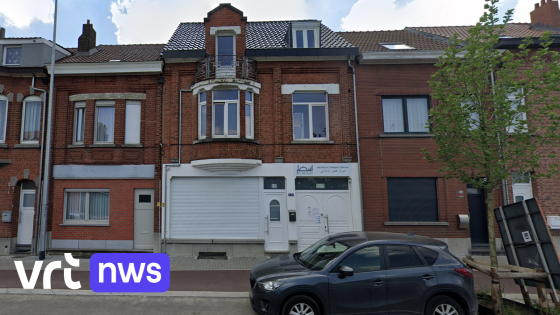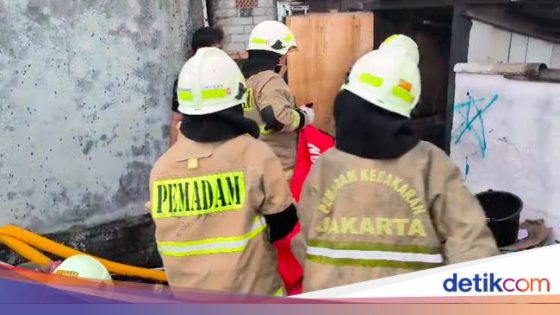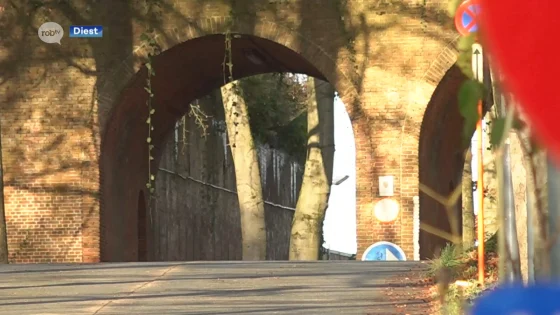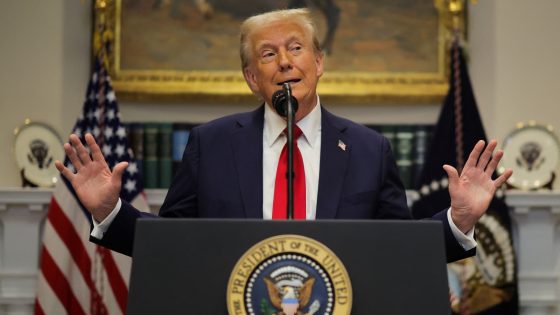Sint-Pieters-Leeuw continues to deny recognition for the mosque due to language issues. On January 31, 2025, Mayor Desmeth emphasized that while financial matters have improved, all associations must comply with the requirement of using Dutch as their official language. This rule applies universally, whether it’s a fanfare or a youth club.
- Mayor highlights challenges with Dutch language use.
- Financial situation has improved significantly.
- Nine out of ten recognition conditions met.
- All associations must meet the same rules.
- Official language requirement is exclusively Dutch.
Understanding Language Requirements for Mosque Recognition in Belgium
Why is the use of Dutch so crucial for mosque recognition? The local government insists on uniformity in operational languages among all organizations. This policy aims to foster inclusivity and ensure clear communication within communities.
The Importance of Compliance for Community Organizations
In Sint-Pieters-Leeuw, compliance with language requirements is essential for any organization seeking official recognition. This includes mosques and other community groups. Failure to adhere could lead to exclusion from necessary funding and support.
The Role of Language in Community Engagement
The choice of an operational language plays a significant role in fostering engagement within communities. Using a common language helps bridge gaps between diverse groups.
- Promotes inclusivity among different cultural backgrounds.
- Facilitates better communication and understanding.
- Aids in accessing government resources and support.
- Strengthens community ties through shared experiences.
Challenges Faced by Non-Dutch Speaking Communities
Communities that do not prioritize the Dutch language may face several challenges. These include limited access to resources and potential isolation from broader societal interactions. How can these communities adapt?
- Cultural exchange programs can help bridge linguistic divides.
- Bilingual initiatives may encourage participation from non-Dutch speakers.
- Workshops focused on learning Dutch could empower individuals within these communities.

































